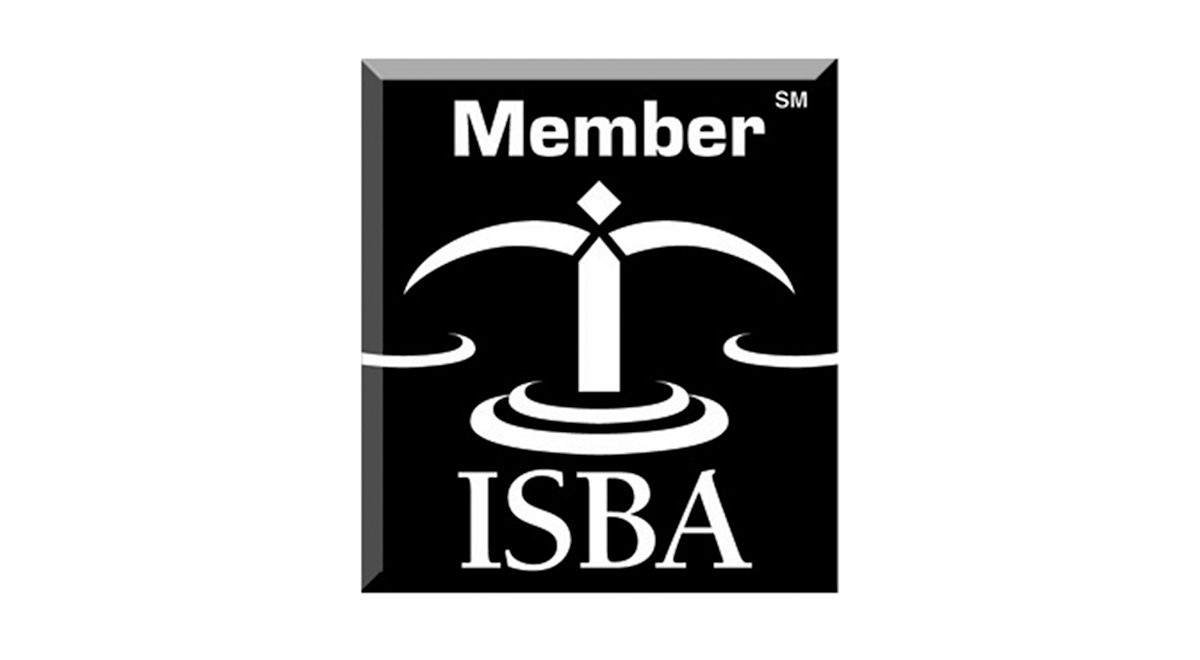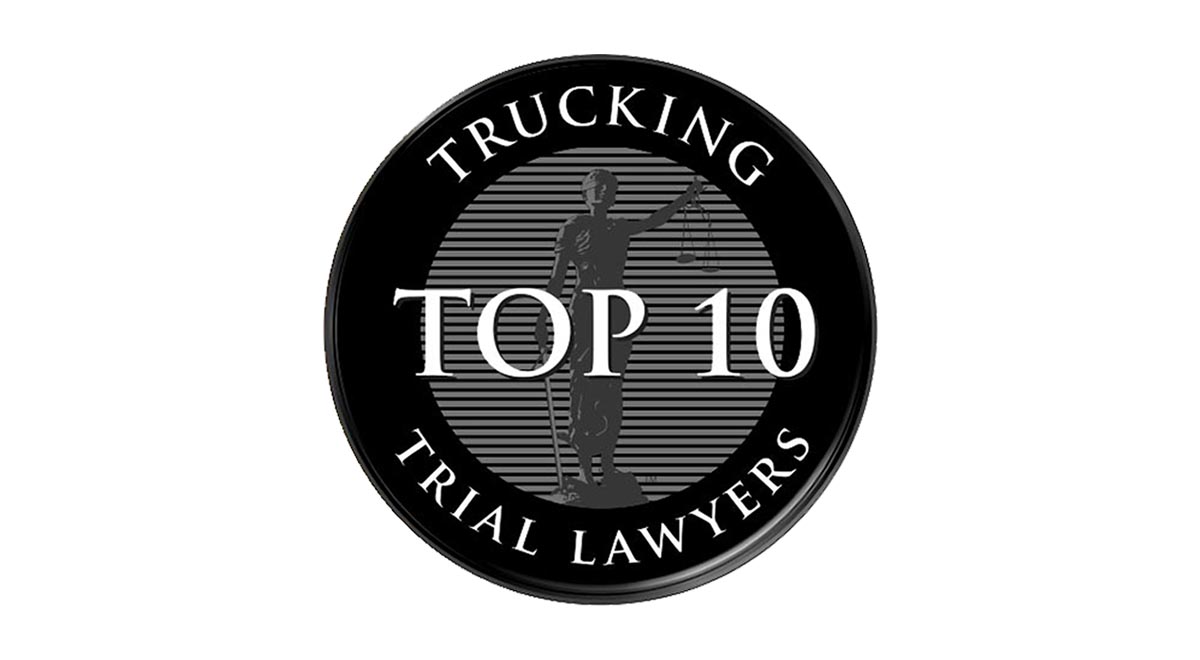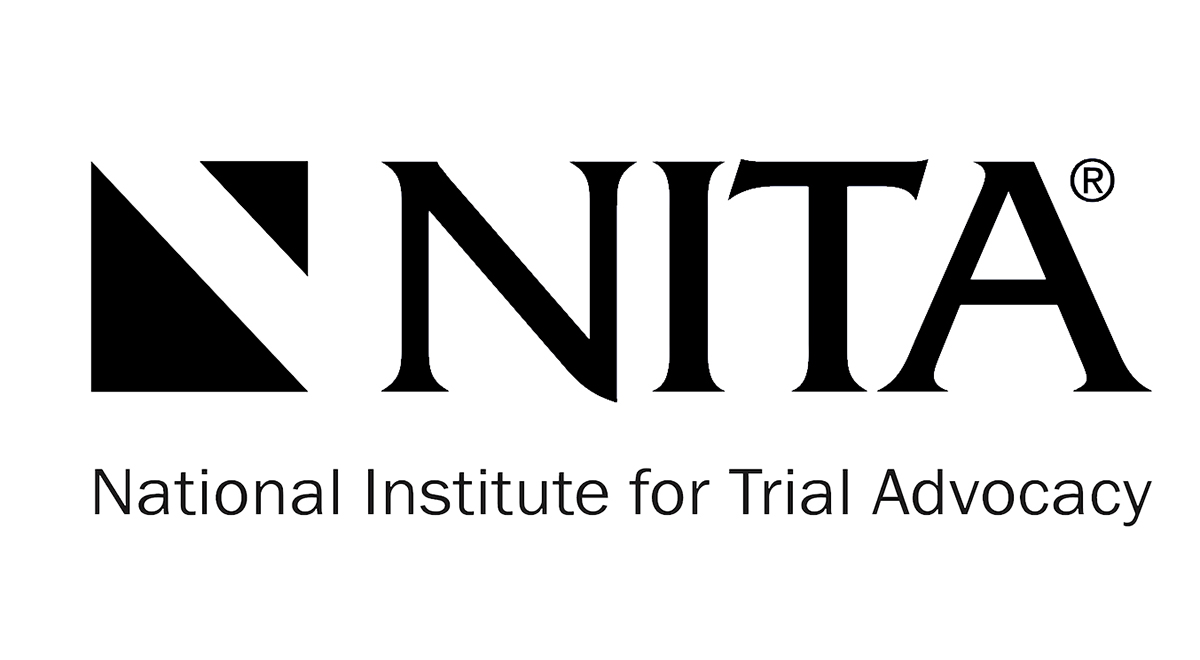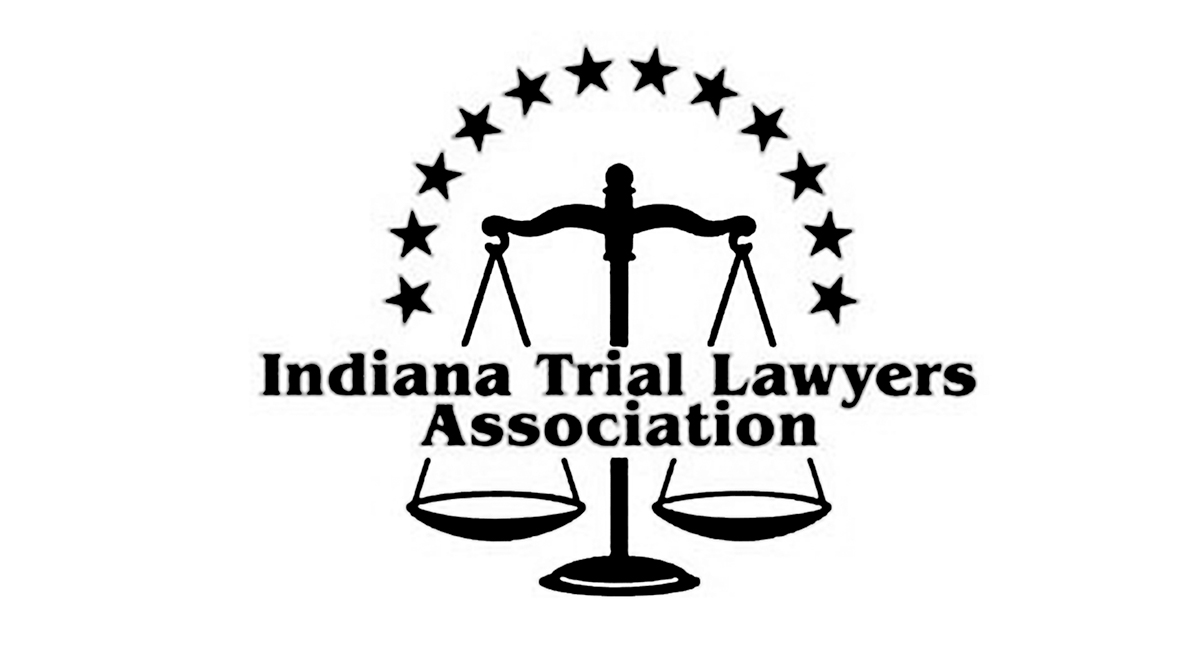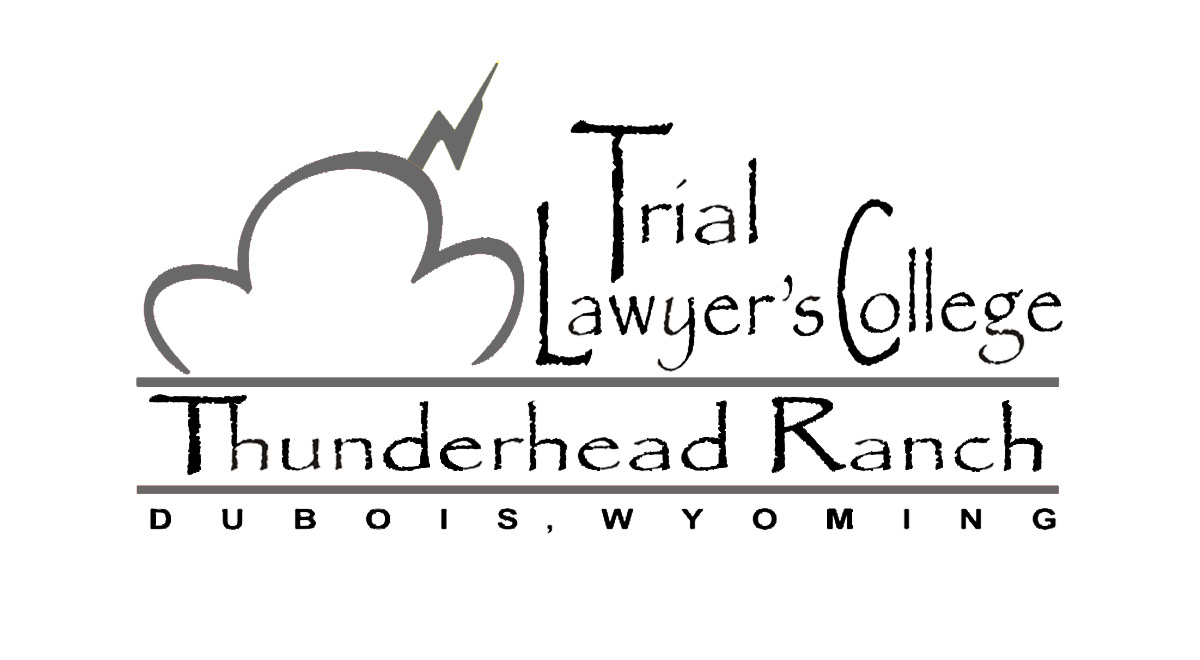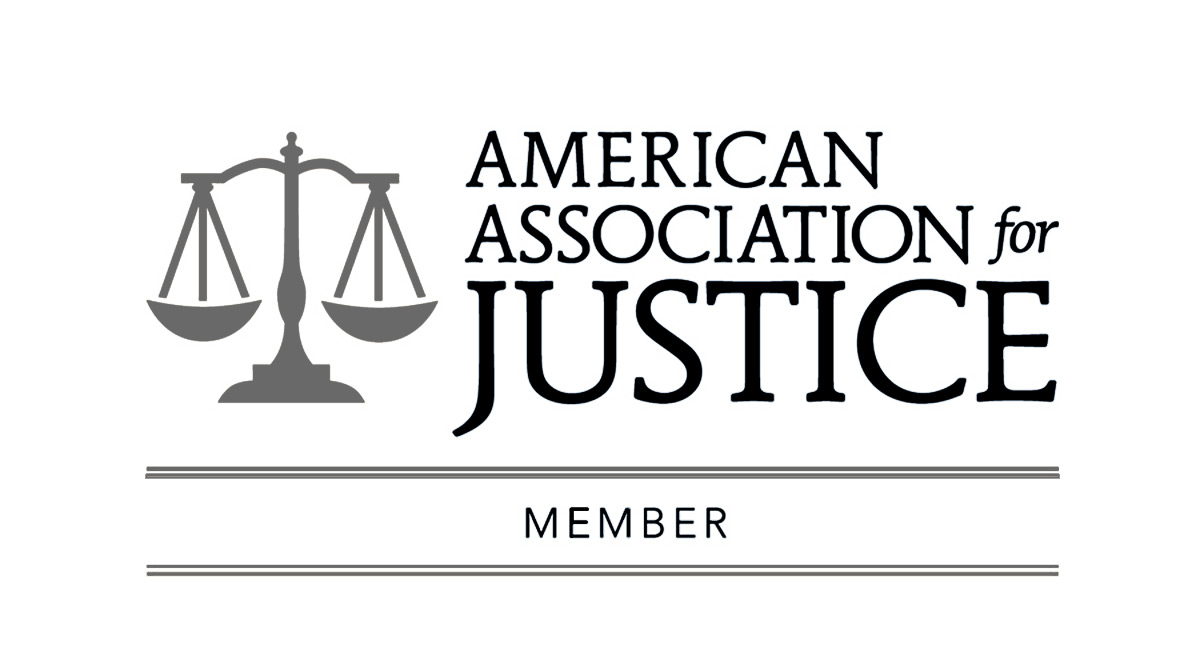October 31, 2024

When a person’s death occurs due to another party’s negligence or fault, their family may seek compensation from an at-fault party in wrongful death vs survival action claims. Although both claims arise from the same event – a person’s wrongful death – they involve different legal causes of action and compensation claims.
Understanding Wrongful Death Claims
A wrongful death claim refers to a legal action that a decedent’s personal representative files on behalf of the decedent’s surviving family members and dependents. Wrongful death claims allow families to recover compensation for financial and personal losses arising from their loved one’s death, including for:
- Reasonable funeral and burial expenses paid by family members
- Medical expenses incurred by family members for the decedent’s final injury/illness
- Loss of the decedent’s love, affection, guidance, and care
- Loss of the decedent’s future earnings and financial contributions to the family
Wrongful death claims arise in the same circumstances that would give rise to a personal injury claim had the decedent survived their injuries or illness.
What Is a Survival Action?
A survival action allows a decedent’s estate to recover compensation the decedent would have recovered in a personal injury claim if they survived their final injury or illness. A survival action, therefore, represents the continuation of the decedent’s personal injury claim after their death. The personal representative of the decedent’s estate can pursue a survival action to recover compensation for the estate. Any money recovered in a survival action becomes an asset of the decedent’s estate used to pay creditors and estate administration expenses and eventually distributed to the decedent’s heirs or beneficiaries according to the decedent’s will or intestacy laws.
Compensation recoverable in survival actions may include:
- Medical bills incurred by the decedent or their estate
- Funeral and burial expenses paid by the estate
- Lost wages from the date of the decedent’s injury to their death
- Conscious pain and suffering experienced by the decedent
Estates frequently pursue survival actions in cases where a decedent suffered for weeks after an accident before eventually succumbing to their injuries.
Differences Between Survival Action and Wrongful Death
Although wrongful death vs survival action claims arise from the same events, these claims have several significant differences, including:
- Harmed parties: A survival action seeks justice on behalf of a decedent, whereas a wrongful death claim seeks to vindicate the rights and interests of a decedent’s surviving family members.
- Types of compensation recovered: Financial recovery in survival actions includes money for losses incurred by the decedent or their estate, including losses ordinarily recoverable in a personal injury action. Conversely, a wrongful death action recovers compensation for surviving family members’ financial and personal losses arising from their loved one’s passing.
- Distribution of compensation awards: Compensation in a wrongful death action goes to a decedent’s surviving family members and dependents, whereas the financial recovery obtained in a survival action does to a decedent’s estate and becomes an asset subject to distribution under the decedent’s will or state intestacy laws.
- Timing of the claim: A personal representative will file a wrongful death claim after a decedent’s passing; they may also file a survival action at the same time. If the decedent filed a personal injury claim before their death, that claim can convert into a survival action after their death.
Why Pursue Both Claims?
 It may not seem immediately apparent why a family should file both wrongful death and survival actions. However, both claims address different types of losses, so pursuing them ensures that a family recovers from the total extent of their losses. For example, while a wrongful death claim allows a family to recover compensation for their loved one’s future earnings and financial contributions to the family, a survival action also allows the decedent’s estate to recover compensation for lost wages for the work they missed from the date of the accident to the date of their death.
It may not seem immediately apparent why a family should file both wrongful death and survival actions. However, both claims address different types of losses, so pursuing them ensures that a family recovers from the total extent of their losses. For example, while a wrongful death claim allows a family to recover compensation for their loved one’s future earnings and financial contributions to the family, a survival action also allows the decedent’s estate to recover compensation for lost wages for the work they missed from the date of the accident to the date of their death.
Although both claims may involve some overlapping compensation, an experienced wrongful death attorney can help a family and an estate’s personal representative craft and pursue both types of claims to avoid inadvertently seeking an impermissible double recovery.
Contact a Wrongful Death Attorney Today
When your family has lost a loved one due to another party’s negligence or wrongful acts, get the legal advice and guidance you need to pursue accountability and justice. Call Custy Law Firm | Accident & Injury Lawyers today at (219) 286-7361 for a free, no-obligation consultation with a caring Valparaiso wrongful death lawyer to discuss your family’s options for seeking compensation for your financial and emotional loss after a loved one’s death.
Related Posts:
Rental Car Cost Coverage After an Accident Explained
Immediate Actions After a Car Accident That’s Not Your Fault in Valparaiso, Indiana
Bicycle Accident Claims & Helmet Laws in Indiana
Dealing with Broken Bones and Fractures After a Car Accident

